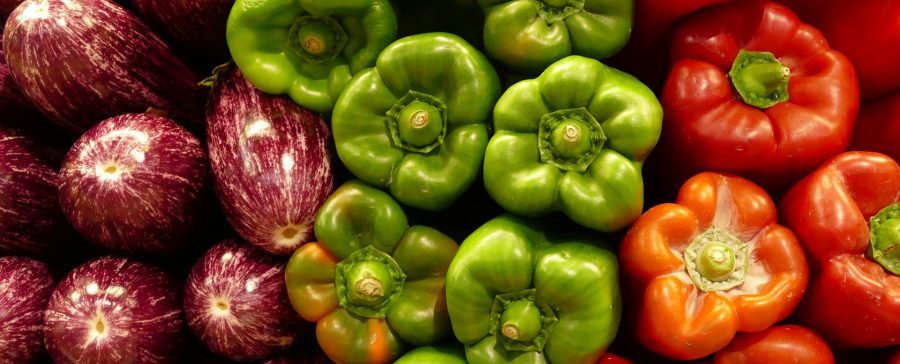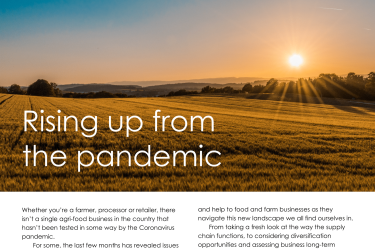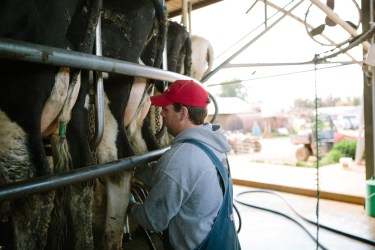By John Giles
The last few weeks have seen a huge amount of uncertainty for food and farming businesses — and that uncertainty isn’t just being felt in the UK but around the world.
Every business will have someone affected by Covid-19, and given labour shortages have already been a long-term issue for farms and food operations, companies will undoubtedly find it difficult to find get the right staff in the right place at times.
Staffing issues, however, are potentially just the tip of the iceberg when it comes to the challenges the global food chain faces.
At Promar we have been working in Dubai, which imports a huge amount of British food to meet demand, but the country has stopped all inbound flights.
Most of these food products are air freighted to the Gulf on a weekly basis. If your business was exporting to the Middle East, as an example, you might find those markets are temporarily closed.
Imports of fruit or other agri-food products from the likes of Holland, Italy or Spain might also become more difficult.
In Spain, clients have told us of labour shortages in processing plants, as well as concerns that if trucks leave the country, drivers might not be allowed back in.
Suppliers from the Southern Hemisphere were amongst the first to suffer when fruit couldn’t be landed or distributed into China and other SE Asian markets, even when the fruit was on en route.
International safety nets
In the US, the National Milk Producers’ Federation has reported a sharp decline in both cash price for dairy commodities and dairy future markets. The country’s Dairy Margin Coverage Programme, which acts as a safety net for market volatility, looks set to pay out every month this year.
In Russia, President Putin has proposed several measures, including a moratorium on international sanctions against countries affected by Covid-19.
Other suggestions include a temporary prohibition on trade wars and sanctions to mutually supply medicines, food, equipment and technology.
In Ireland, more than half the weekly pig slaughter takes place in only two sites, so if either plant goes down in the coming weeks it would have significant ramifications for pig farmers and secondary pork processors.
As these businesses supply bacon rashers, sausages and other pork cuts direct to supermarkets in Ireland and the UK, it could have impacts on shoppers hoping for a lockdown bacon sandwich too.
Pressure on New Zealand
In New Zealand, the beef price has come under big pressure since the virus first appeared in China in mid-December.
New Zealand had capitalised on China’s protein deficit from African Swine Fever (ASF), and as a result, had become much more reliant on the country as an export destination.
Beef exports reached a total of 220,000 tonnes at the end of 2019 — 90% more than the previous year.
The outbreak of COVID-19 created two issues for New Zealand: Firstly, China’s frozen food stocks were not as low as usual because the virus affected Chinese New Year celebrations, meaning beef exports were down.
Secondly, the dry weather in New Zealand created ongoing pressure for the country’s cattle farmers, adding to concerns that many farmers could be forced to liquidate their businesses in the coming months.
Finding ways to deal with the shock
It’s fair to say that for most of the supply chain, the whole of 2020 will be challenging and uncertain.
Agri-food companies around the world are going to have to find a new level of resilience in how they run their operations. This is something that needs constantly looking at but will be bought into a sharper focus by Covid-19.
While many companies used Brexit as an opportunity to review all aspects of procurement, buying and selling, staffing, management, relationships with suppliers and technology, businesses would be wise to perform similar reviews now too.
Covid-19 certainly won’t last forever. However, the impacts of what we are going through — and what lies ahead for consumers and agri-food businesses alike — may well last for some time to come, and we all need to be prepared.








